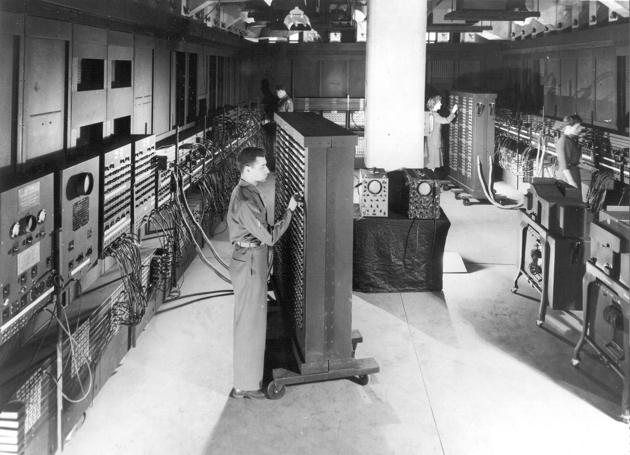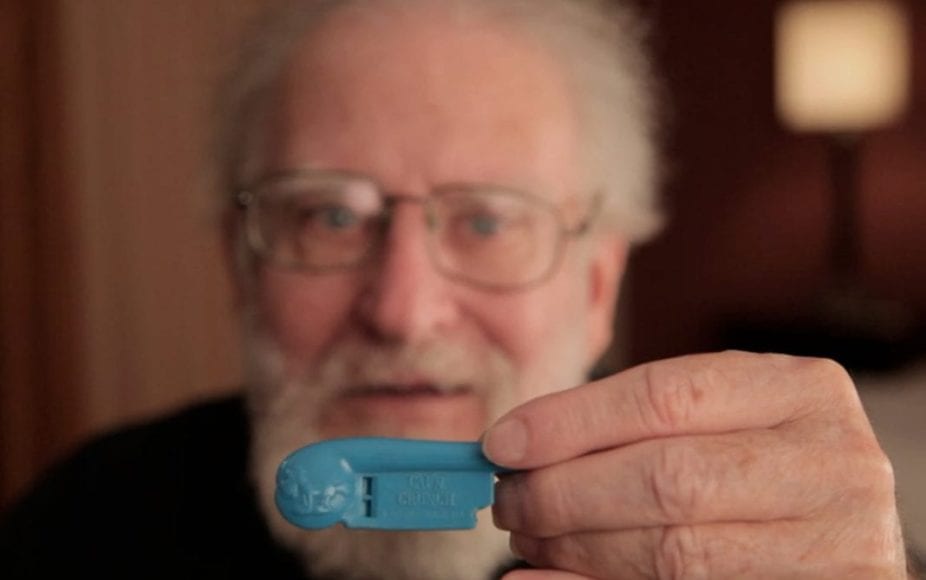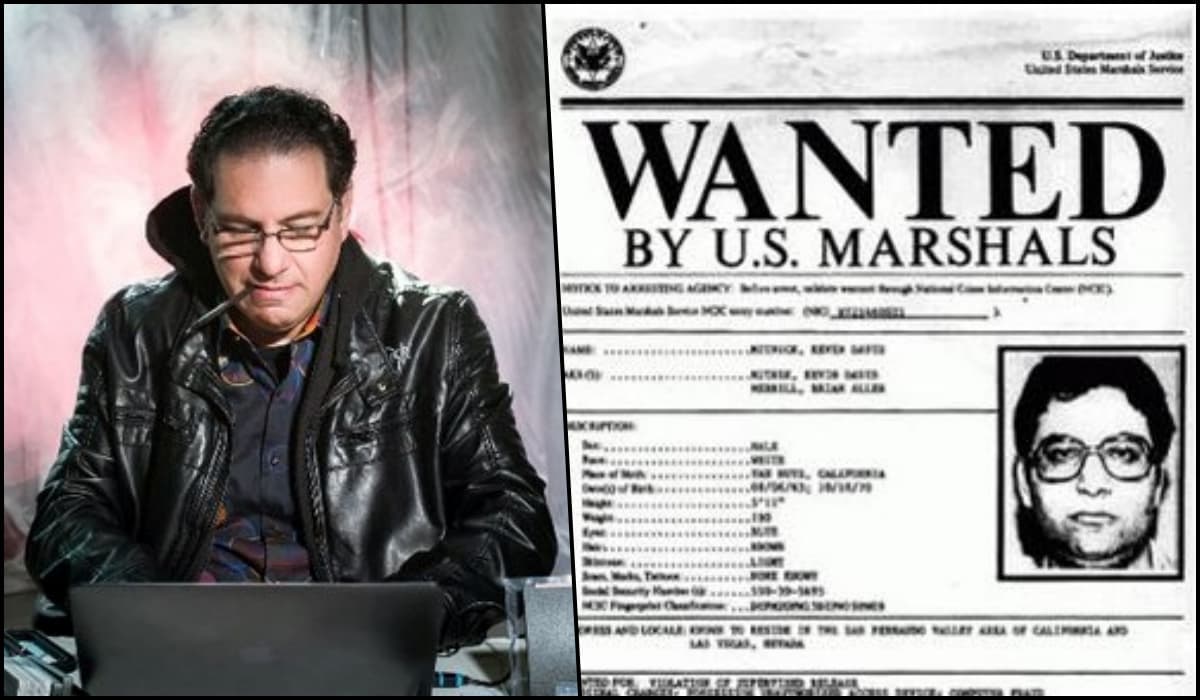At the start of the computer age, the pioneers of computer hacking emerged as enigmatic figures, pushing the boundaries of technology and legality. Their fascinating stories take us back to the golden age of computing, where curiosity and determination led to the birth of a subculture that left an indelible mark on the digital world we know today .
The beginnings of the computer age
To understand the rise of computer hacking, it is essential to go back to the 1960s and 1970s. At the time, computers were rare and extremely expensive, primarily used by governments, large corporations and universities for scientific and administrative. However, a few curious minds began to explore these imposing machines and look for ways to exploit them.
John Draper, “Captain Crunch”
The first phone hackers
Phone hacking was a precursor to computer hacking, as telephone systems were the first large-scale communications networks. Phreakers like Draper enjoyed exploring vulnerabilities in telephone systems, which laid the groundwork for future hackers.
Kevin Mitnick, the “most wanted convict”
During the 1980s and 1990s, Kevin Mitnick became one of the most wanted computer hackers in the world. He used sophisticated hacking techniques to gain access to the networks of many large companies, stealing confidential information. His expertise in social engineering allowed him to manipulate people to obtain sensitive information. Mitnick was finally arrested in 1995, but his story became legendary in the hacking world.
The birth of the first hacker groups
In the 1980s, hacker groups like the Chaos Computer Club in Germany and the Legion of Doom in the United States began to emerge. These groups exchanged information, shared exploits, and pushed the boundaries of technology. They also helped demystify computers for the general public.
The question of ethics
The rise of hacking has raised questions about ethics and legality. Some hackers have argued for ethical exploration, saying their goal is to reveal security flaws to improve systems, while others seek to cause harm. This duality has persisted in the hacking community.
The fight against piracy
Authorities responded by adopting laws and regulations to combat computer hacking. Numerous arrests have taken place, while companies have invested heavily in IT security to protect against cyberattacks.
The legacy of the first hackers
The pioneers of hacking left a complex legacy. They have helped shape the IT security industry by revealing vulnerabilities, but they have also caused considerable damage. Their impact on technology culture is undeniable, as they have inspired a new generation of computer security researchers and IT experts.
Conclusion
The story of the first hackers is a reminder of how curiosity and perseverance can influence technology and society. These bold individuals paved the way for an era of digital transformation, and their legacy is still felt today. As technology continues to evolve, it is essential to remember these pioneers, whether they were seen as heroes or criminals, as they helped shape the digital world we live in today.













